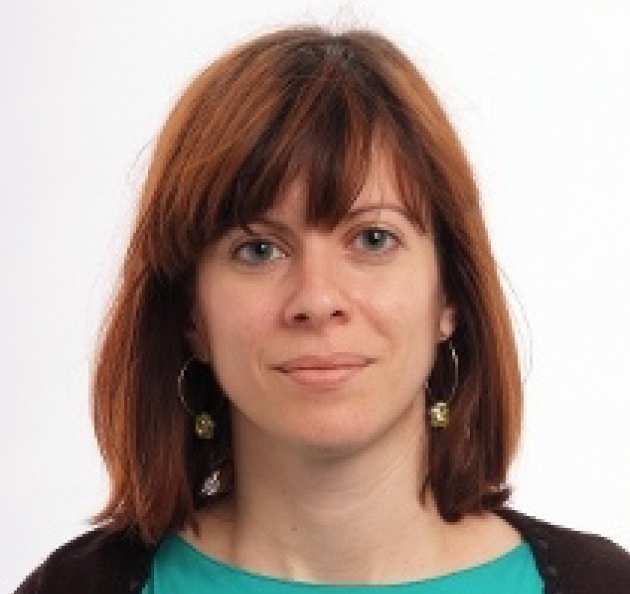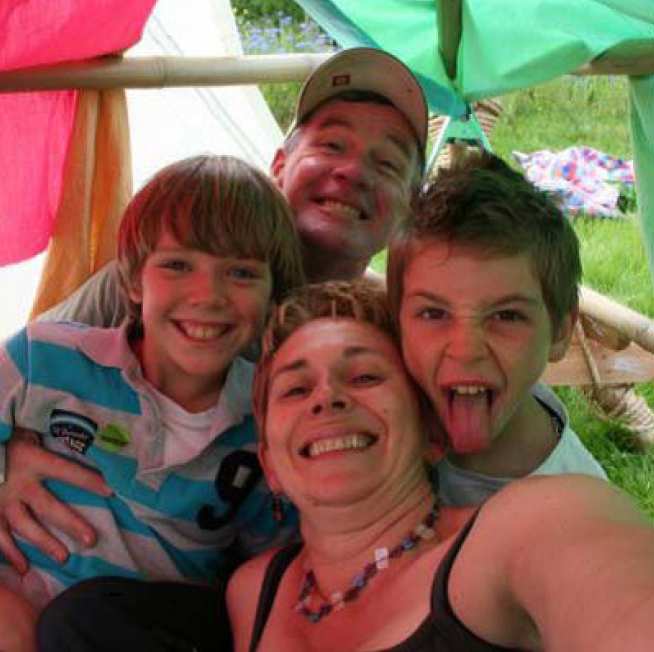The School is committed to the development of our staff and ensuring a healthy work-life balance. Below you can read about how members of staff have benefited from a number of Athena Swan initiatives:
Ioanna Tzoulaki - Professor of Chronic Disease Epidemiology
 Ioanna combines full time academic work as an international researcher with family life at home with her daughter and very supportive partner. Joanna is valued member of the Opportunites Committee.
Ioanna combines full time academic work as an international researcher with family life at home with her daughter and very supportive partner. Joanna is valued member of the Opportunites Committee.
“I joined the School of Public Health in 2006 as a Lecturer in Cardiovascular Epidemiology straight after completing my PhD at University of Edinburgh. I felt that it was a very positive thing to be given this opportunity so early in my career and demonstrated to me an open minded approach from senior colleagues who recognised my potential, particularly since this was a widely advertised and very competitive in a prestigious department.
"In 2009, when I informed the Head of Department that I was pregnant; this news was well received. I decided to take maternity leave for only 4 months because the department was being very flexible about my working schedule following maternity leave. My line manager, Professor Sylvia Richardson and Head of Unit Professor Paul Elliott encouraged me to apply for an Elsie Widdowson Fellowship for female academics returning from maternity leave. This enabled me to have protected time away to concentrate on progressing my career through research outputs. Due to the support this period of my career was very productive, publishing papers in high impact journals. For personal reasons, I then decided to move back to my native Greece to work, but the School of Public Health offered to keep me on part-time as long as I was able to spend 1 week each month in the Department. It was during this period that I became involved in the Qatar Biobank project. It was a period of constant travelling to Doha and the UK, but the fact that I had flexible working hours and was able to be based overseas made this feasible. I always received immense support from my peers and felt included throughout. I am now back in the UK and working full time and looking back at the past 4 years, these have been very productive and helped me grow academically but at the same time gave me the opportunity to stay close with family and have a very balanced life.”
Helen Ward - Professor of Public Health, School of Public Health

Helen has two sons who were born in 1998 and 1999. She took limited maternity leave before returning to full-time work. A locum was appointed to cover her teaching during one of these periods. She discussed returning to work part-time, supported by the School, but eventually decided against this route since there were no clear areas of work to drop or hand over. She therefore took advantage of the flexibility available and worked from home one or two days each week.
Helen Ward joined Imperial as a Clinical Research Fellow in Epidemiology, before being appointed as a Clinical Senior Lecturer in 1993. She has led undergraduate teaching in public health for many years and was now Director of Education for the School. Her research has focussed on sexual health for which she has held major grants from the MRC, Wellcome Trust and European Commission. She was the editor of a scientific journal and sits on various government committees.
Helen was promoted to Professor in 2009, 16 years after her initial appointment at senior lecturer level. She puts this delay down to a number of factors including her responsibility for teaching (which was relatively undervalued), her two brief career breaks, and her desire for a life and interests outside of work.